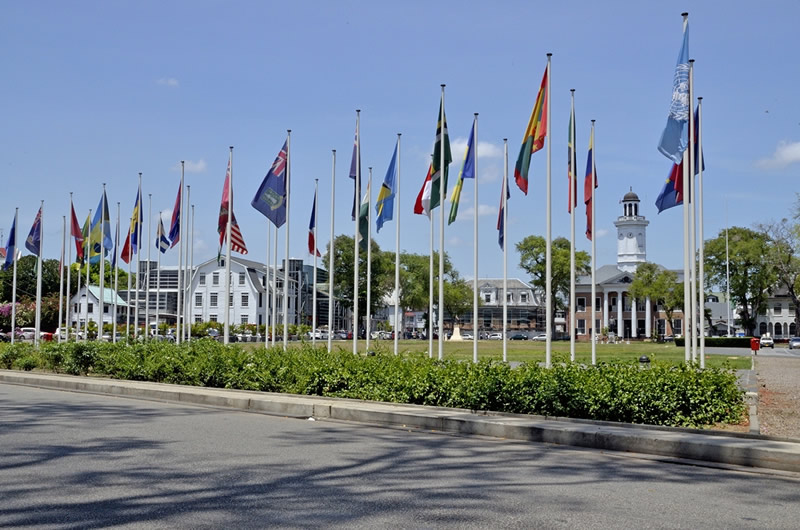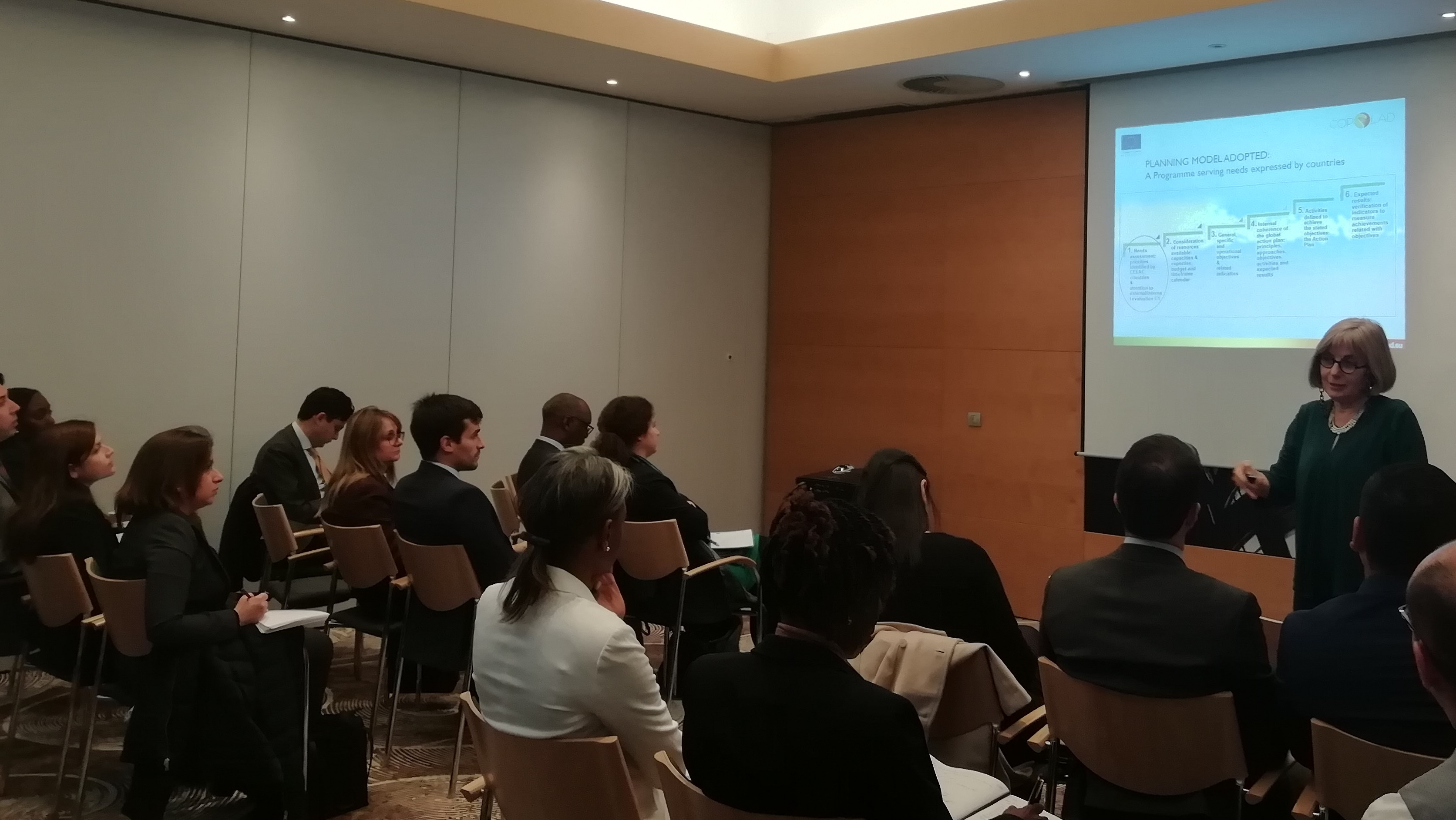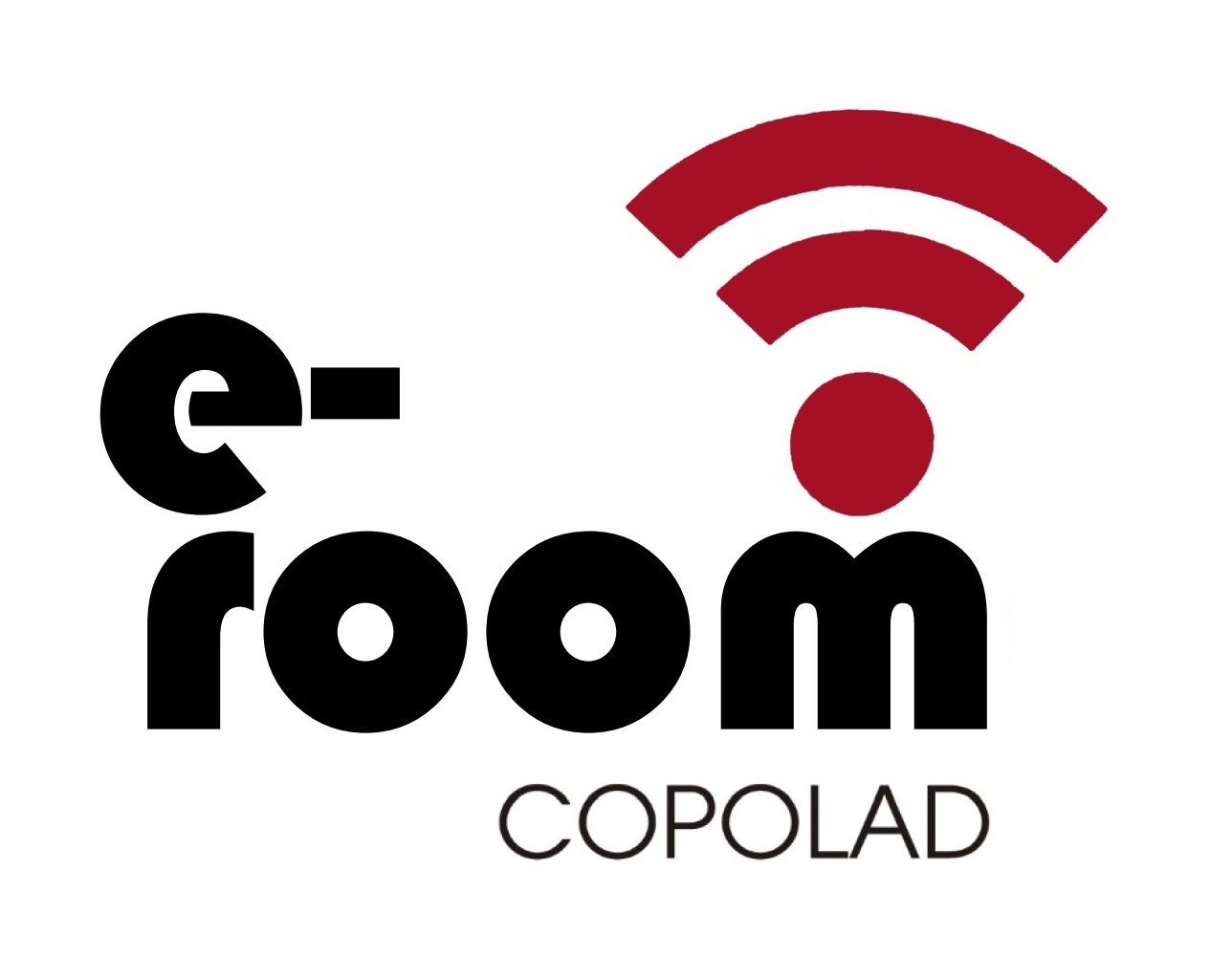Coordination with the diplomatic missions of the CELAC countries to the EU
In February of this year, COPOLAD brought together in Brussels the Diplomatic Missions of the CELAC countries to the EU, members of the Technical Committee of the EU-CELAC Coordination and Cooperation Mechanism on Drugs.
Continuing with the line of cooperation and coordination that COPOLAD has maintained since the beginning of the programme, the objective of the meeting was to jointly explore the progress achieved so far, as well as to reinforce the key role of the Embassies at the field of the inter-institutional coordination in each country, and in general, the relevant role that the Ministries of Foreign Affairs have in contributing to the cohesion of drug policies for their success. In the last part of the meeting, Suriname briefly presented its plans for the celebration in its capital, Paramaribo, next June, of the 4th Annual COPOLAD Conference and the XXI High Level Meeting of the EU-CELAC Coordination and Cooperation Mechanism on Drugs.
COPOLAD support to the work of the EU-CELAC Mechanism
During these months, COPOLAD has made available to the delegations of both regions a new virtual platform, hosted in the e-room of the programme, in order to support the work to define the purpose, structure and type of content of a new document to be developed at the end of the High Level Meeting (HLM) of the EU-CELAC Mechanism for Coordination and Cooperation on Drugs. The agreement has been possible thanks to the intense work carried out by the members of the Technical Committee of the Mechanism through the meetings held during the last three months, as well as the supporting documents made available to all members in the e-room platform.
In this framework, COPOLAD organized 2 working meetings of the CELAC and EU member countries of the Technical Committee of the Mechanism at its headquarters in Brussels (January and February 2019), which contributed in a very positive way to advance in the work to have a new final document for the HLM. The High Representatives of both regions will meet in the HLM of the EU-CELAC Mechanism that will take place this year on 21 and 22 June 2019 in Paramaribo (Suriname). The Co-Presidencies of the Mechanism are held by CELAC and the EU during this semester, respectively Suriname (host on this occasion) and Romania.
4th COPOLAD Annual Conference
As announced, on 19 and 20 June 2019, the 4th Annual COPOLAD Conference will also take place in Paramaribo (Suriname).
As drug policies become enhanced and developed in the different institutions of each country, coordination among them becomes increasingly necessary as an indispensable mechanism to ensure the effectiveness of the efforts each institution devotes to addressing the multiple drug-related problems. Due to the different sectors involved, traditionally drug interventions have been developed separately, so, in general, there has been little interaction between the fields of health, social and educational interventions, legislative and security strategies, as well as with the Drug Observatories in charge of gathering reliable information on the evolution of the different indicators related to the demand, consumption, and supply of drugs. In order to contribute to facing the multiple challenges posed by inter-institutional coordination, the 4th Annual Conference of COPOLAD II is convened, which is expected to provide an opportunity to explore in practical terms what this integrative approach means, as well as to identify and face the numerous challenges it implies for all institutions dedicated to the design and management of drug policies, both within each country and at the multilateral level.

Prior to the Annual Conference, all interested EU and CELAC countries, multilateral agencies and networks (collaborating entities) of COPOLAD II are invited to participate in the Permanent Council of COPOLAD (PC), which will take place, also in Paramaribo, on 17 June. This will be the fourth meeting of the PC, which aspires, as in previous years, to be able to assess overall the progress achieved in the framework of the programme up to the time of the meeting, as well as to explore and suggest ideas and adjustments, if necessary, until the end of the meeting.



